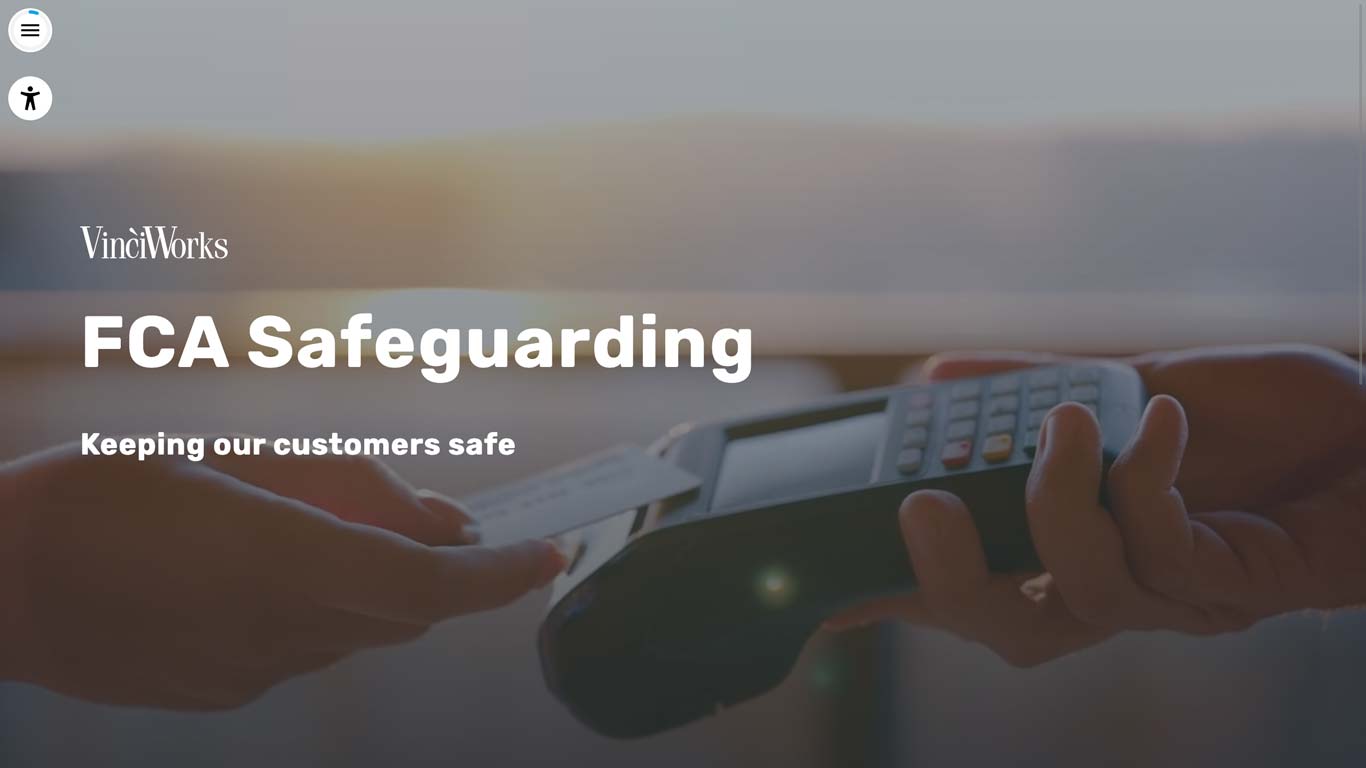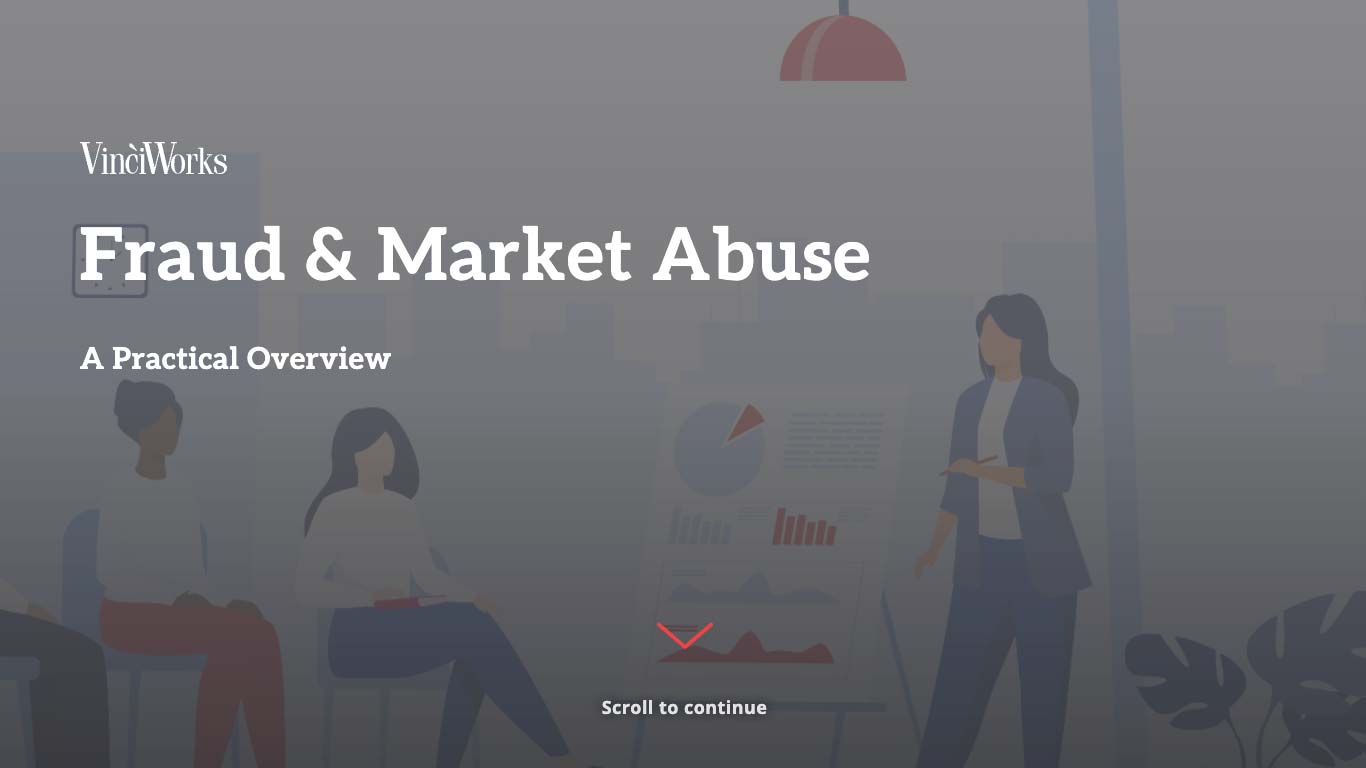
The Financial Conduct Authority (FCA) requires all non-bank payment service providers (PSPs) to perform safeguarding procedures. These procedures are designed to make sure that payments owed to customers are not at risk in the unlikely event that the firm could suddenly go into liquidation or be otherwise unable to make a payment.
The most common safeguarding method, known as the segregation method, requires PSPs to make an immediate and clear separation between the money belonging to the customer and the fees taken by the PSP. This requires a constant process of separating funds into distinct and dedicated bank accounts, as well as recording and reconciling every transaction.
Our new course explains how safeguarding is done and what non-technical staff members need to know about it.
Topics covered:
- Understanding different types of funds
- What commingling is
- How safeguarding is done
- Required safety precautions
- How to explain it to customers
- Maintenance and reporting
Course features:
- Customisable training with the option to include or remove topics for different audiences
- Interactive learning built-in throughout the course, with the ability for the administrators to track responses in order to gain insights into users’ grasp of the topics
- Eye-catching design and an easy to use experience
- Designed for accessibility by users with disabilities
- Smooth, user-friendly mobile-responsive scroll design
Our suite of FCA compliance courses
In addition to the new course, VinciWorks offers a complete suite of FCA compliance courses, designed to give financial firms all the resources they need to ensure staff is trained and prepared with everything they need to comply with the FCA’s demands.
The other courses in the suite include courses on SMCR, FCA Complaint Handling, Vulnerable Customers in Financial Services and a Vulnerable Customers Knowledge Check.
To learn more about the course, contact us via the short form below or click the button to try the course now.















